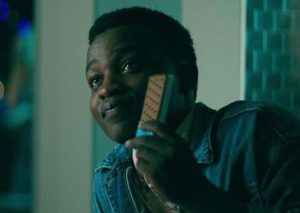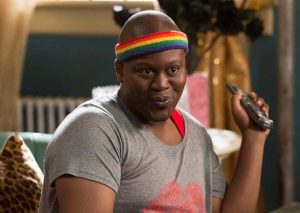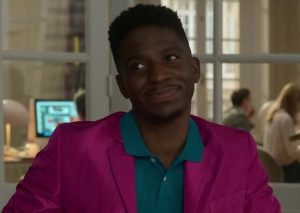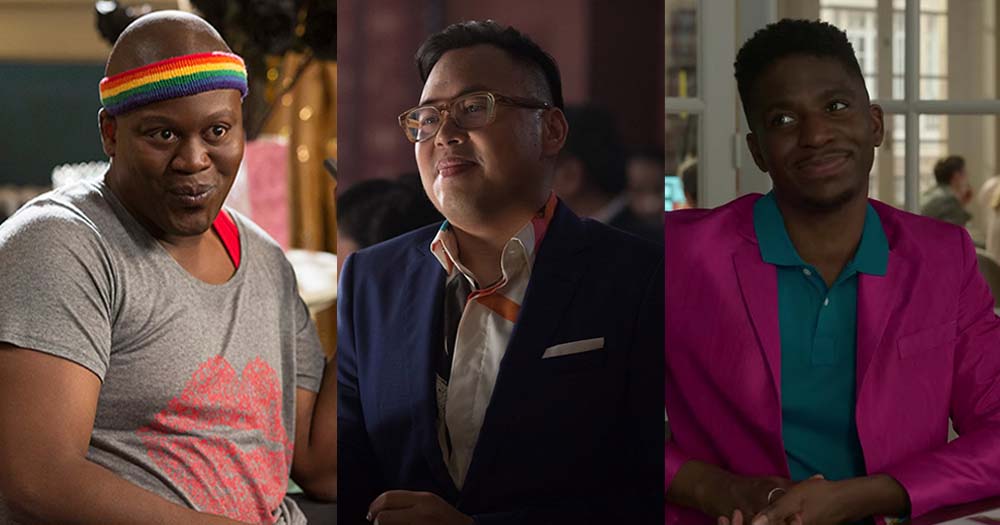For as long as rom-coms have existed, the Gay Best Friend trope (GBF) has been a go-to Hollywood casting role.
If everything you knew about gay men came from early 2000’s television, you’d assume that their primary interests include offering sassy remarks and supporting straight cis women with their makeovers, shopping sprees, and endless break-up drama. While one could argue that many of these characters served the important function of introducing mainstream audiences to queer storylines, the GBF trope is problematic.
It tends to reinforce queer stereotypes and reduce gay characters to underdeveloped supporting roles. Often, these characters are treated as an accessory, existing primarily for comic relief. They’re available as an emotional sounding board for the leading character, ultimately existing in the margins instead of the storyline.
A token characteristic of a GBF is that their own relationship struggles are non-existent or unimportant. All the emotional labor they provide should be exhausting, but the GBF continues to show up, give advice, and disregard their own needs. This representation has real ramifications, like teaching queer viewers to downplay or exaggerate some aspects of themselves.
While LGBTQ+ representation has significantly improved in the past 20 years and queer characters on television series like Schitt’s Creek, Pose, and Crazy Ex-Girlfriend are given more central roles that allow them to be fully developed characters who experience a full range of human emotions, we still have room to grow.
Here are five recent examples of TV and film characters that continue to use aspects of the Gay Best Friend trope:
Lucas, Lara Jean’s GBF in To All The Boys I’ve Loved Before

Initially situated as a potential love interest, Lucas’ status drops to supportive friend after he reveals his sexuality. He provides emotional labour to Lara Jean by giving romantic advice over sheet masks, but his character isn’t developed beyond that, and he doesn’t get nearly as much screen time as other characters.
Oliver, Rachel Chu’s GBF in Crazy Rich Asians

When distressed after meeting her boyfriend’s rich family, Rachel cultivates a friendship with Oliver, the self-identified “rainbow sheep” of the family. While his character is often used for comic relief, Oliver retains some of his own storyline outside of being the GBF since, in addition to supporting Rachel, he’s also carefully navigating the complicated nature of not being able to be out to his conservative family.
Damien, Cady’s GBF in Mean Girls

While Damien in many ways represents a stereotypical queer who is “too gay to function,” he breaks the GBF stereotype because he does have his own friendships and personal high school challenges to overcome that exist outside of Cady’s experiences.
Titus, Kimmy’s GBF in Unbreakable Kimmy Schmidt

As her roommate, Titus helps Kimmy navigate the world which she feels completely unequipped to do on her own. Swopping in to save a helpless cis het woman definitely fits the GBF stereotype, but Titus breaks the GBF mould because he does have his own needs and friendships outside of Kimmy’s.
Julien, Emily’s GBF in Emily in Paris

While most supporting characters on this show have smaller roles, Julien’s character feels particularly underdeveloped. He also fits the GBF trope because he is sassy, saying whatever he wants, whenever he wants, and he’s ultimately available for comic relief and office gossip rather than getting a chance to develop his own storyline.
These are just a few examples of the Gay Best Friend trope that is gradually evolving into more adequate queer representation. Hopefully, we’ll continue to see an increase in fully developed queer storylines as more LGBTQ+ characters are written by queer writers.
© 2022 GCN (Gay Community News). All rights reserved.
Support GCN
GCN is a free, vital resource for Ireland’s LGBTQ+ community since 1988.
GCN is a trading name of National LGBT Federation CLG, a registered charity - Charity Number: 20034580.
GCN relies on the generous support of the community and allies to sustain the crucial work that we do. Producing GCN is costly, and, in an industry which has been hugely impacted by rising costs, we need your support to help sustain and grow this vital resource.
Supporting GCN for as little as €1.99 per month will help us continue our work as Ireland’s free, independent LGBTQ+ media.
